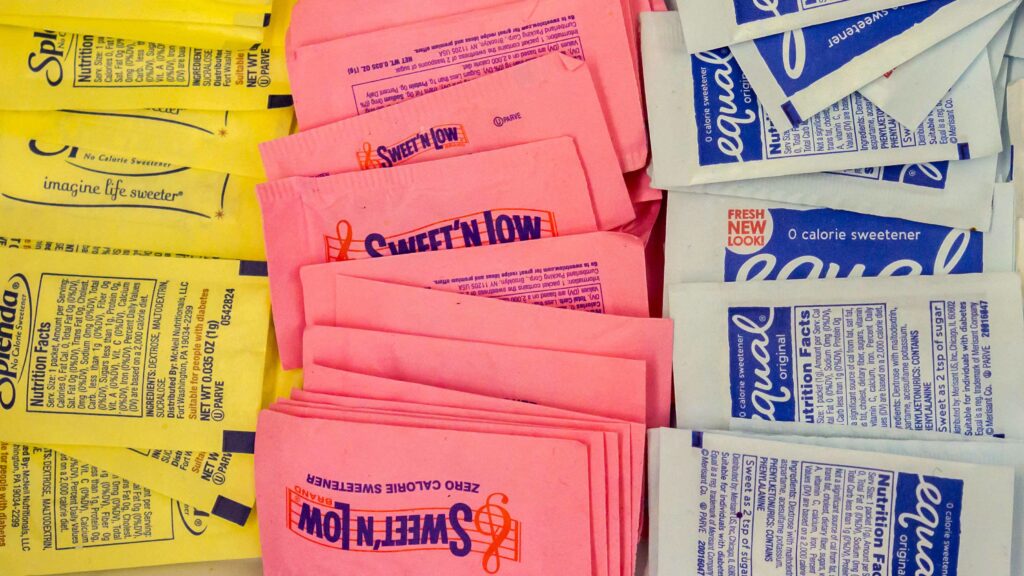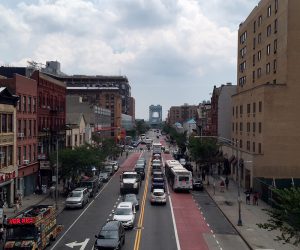
I had a note to write a post about ‘Why the ______ industries collapse’ inspired by a WaPo news story about emus, but this is difficult to ignore and maybe that’s a bigger point:
Trump’s golden façade has been crumbling for years. Since he was elected president, units in his buildings have sold for less than those in their luxury competitors and struggled with vacancies. Condo boards across Manhattan have voted to remove his name from their buildings; in 2019, even the flagship Trump International Hotel and Tower agreed to reduce the size of his name. But Trump’s grift came into sharper focus after New York attorney general Letitia James’s civil lawsuit in late September, which alleges that Trump and his family fraudulently inflated the value of their properties in order to receive favorable loans and, in the process, hundreds of millions of dollars. In mid-February, Justice Arthur Engoron found the Trump Organization guilty, and the judgment, tallied on February 23, totals $454 million with interest. Engoran’s ruling doesn’t permanently bar Trump and his eldest children from running the Trump Organization, but Trump is barred from running any corporation in the state for three years, while his sons Donald Jr. and Eric are barred for two.
How much time and energy has been wasted over the previous nine years on this trash person? You can find these stories practically anywhere these days but he has never been anything but a bullshit con. It’s a reminder that the U.S. is still a very young country, a creaky constitutional republic that we’re too afraid to tinker with. Maybe in a country that has always been dominated by religious crazies, criminals, and tax cheats, it’s a miracle it took this long to produce its perfect avatar. But there he is.
And we need to move on. There are many, many issues that require urgent attention and from serious people. Be one. Start now.









